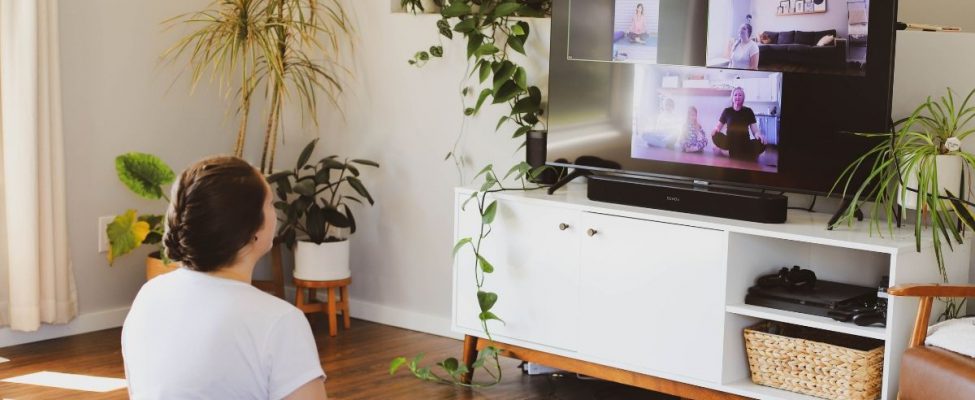For mental health week, SGEI wants to take the time to remind you that your mental health matters. Here are a few things to try and help you if you have been struggling with your mental health.
Make connections
During a pandemic, many people are struggling with their mental health. A significant factor for some is the lack of social interactions. With face-to-face interactions being limited, consider virtual get-togethers. Try scheduling a coffee date with a close friend or a game night with family over video chat! Here’s a list of free video chat apps you can download to keep in touch with loved ones and boost your mood.
Get active
Regular exercise can significantly impact your overall mental and emotional health. Staying active helps with relieving stress, coping with anxiety, improving memory, and bettering your sleep. Try adding at least 30 minutes of physical activity a few days per week.
Try to find an activity that gets your heart rate up that you enjoy. Enjoying your workout is important when it comes to establishing a regular routine. Not a fan of the gym? Try going for a walk with a partner or taking up a yoga practice! Seven Generations Education Institute offers a free Digital Yoga Class every Thursday from 12-1 pm CT to help with staff and student’s relaxation (Meeting ID: 922 1269 5839 Passcode: 027600).
Do things you enjoy daily
Doing things you enjoy daily is good for your well-being. When we start to upset, we often stop doing what makes us happy, which can intensify our negative feelings. Make a list of the things that make you happy, then give yourself time for these activities. Here are some ideas:
- Make a playlist of all your favorite songs
- Watch something you know will make you laugh
- Go for a walk in nature
- Declutter the space around you
- Cook your favorite meal
- Make a craft
- Spend quality time with people who matter to you
Take up a relaxation practice
We all need to take time to slow down and relax. When we don’t take time to slow down and breathe, pressure can build up until we feel too overwhelmed to do anything. How you relax is up to you. Mindfulness, meditation, and deep breathing can help reduce overall levels of stress. Take a few minutes to try this free deep breathing exercise.
Journal about your day
One way to deal with any overwhelming emotion is to express yourself. Writing about your day, thoughts, worries and feelings can help manage anxiety, reduce stress, and help you cope with depression. Don’t worry too much about what you’re writing, just focus on getting your thoughts on paper. Try to dedicate a part of your day, every day, to write. Your journal doesn’t need to follow any particular structure. It’s your private place to discuss and create whatever you want to express your feelings.
Don’t know what to write about? Here are some prompts to get you started:
- How was your day?
- What are you grateful for?
- List five things that make you happy
- What do you love about yourself most?
- What are some goals you’d like to set for yourself?
- Describe your current emotions
- Write something to your future self
- What are the improvements you want to make in your life?
- Write a letter of forgiveness to yourself or someone in your life
Consider what you’re eating
Taking the time to care about the foods you are eating is something everyone should do. Along with being mindful about what you are eating, remember to eat regularly. Some days get busy and eating is put on the back burner, but nourishing your body is very important for your metabolism, hormones and overall wellness. Try limiting your caffeine intake if it makes you anxious, and if possible, lessen the amount of added sugars you eat in a day. Learn how you can improve your diet and create balanced meals with Canada’s food guide plate.
Don’t forget to sleep
Sleep has a massive effect on mental health. When you get enough sleep, it is easier to cope with stress, handle life’s problems, concentrate, and think positively. One way to improve your sleep is to take a break from screens at least two hours before bedtime. This means shutting off your TV, phones, tablets, and computers. Avoid intense exercise and caffeine too close to your bedtime to let your body relax. Develop a relaxing nightly routine to help your body prepare for sleep. If you are having issues sleeping, try these practices.
Ask for help
Help is always available if you need it. Seven Generations Education Institute has mental health, cultural and health supports for staff and students in need. Additionally, if you or a loved one needs support, some programs and resources are available to you include:
